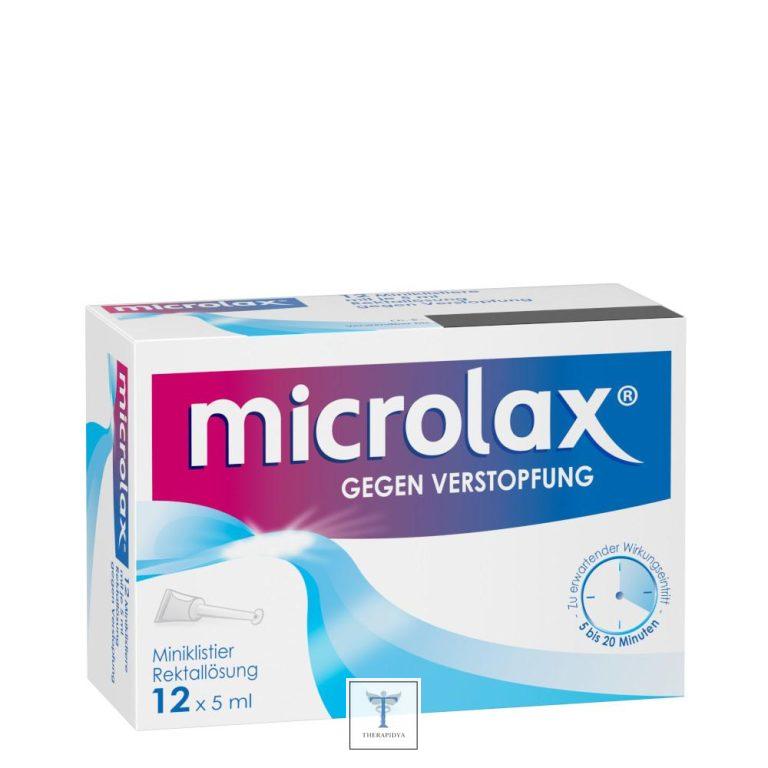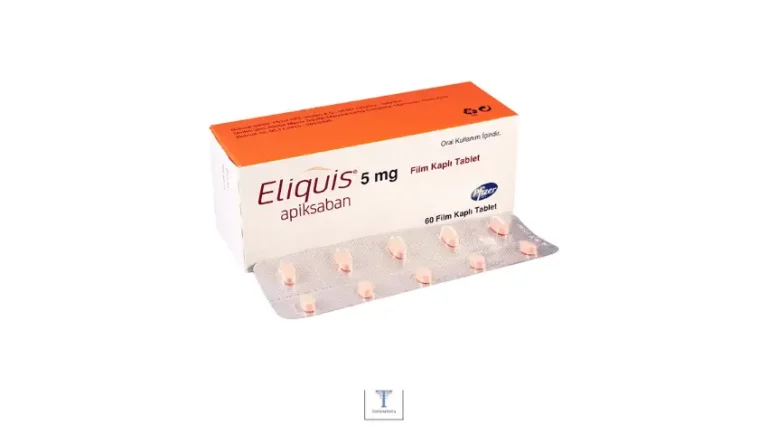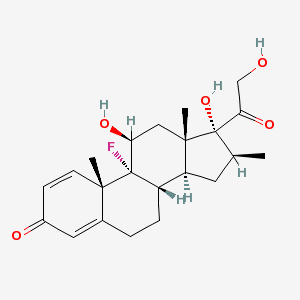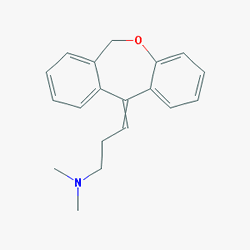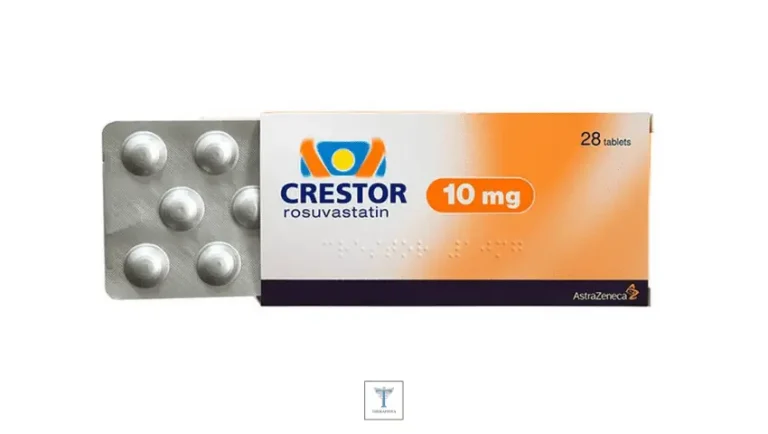Side Effects of Cat Vaccine: A Full Guide.. 2023
The most concerning issue for cat breeders is the side effects of the cat vaccine, as they are constantly questioned about the vaccine’s results and effects. The vaccine is critical, particularly for its immunity. It protects it from a variety of diseases. This is done to protect her from infection by activating her immune system and increasing her ability to fight diseases.
Given the importance of these vaccines, we must address all questions about them, including benefits, risks, and side effects, in our next article.
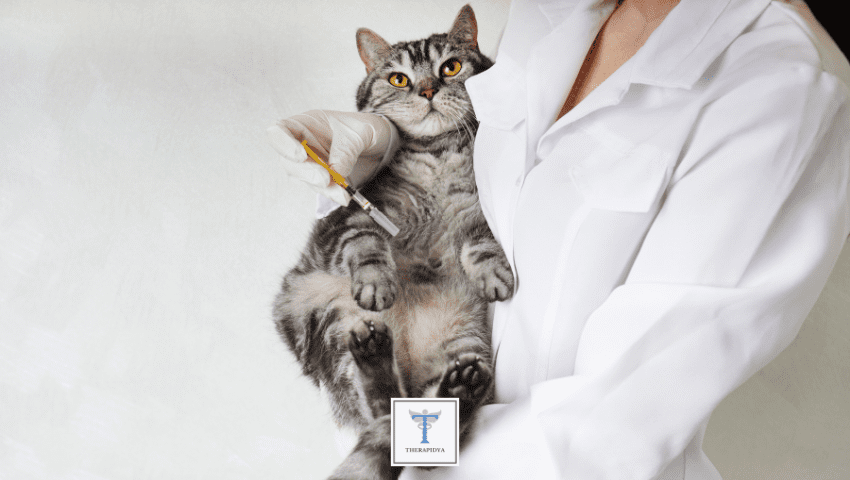
Side Effects of Cat Vaccine
When cats are vaccinated, they experience mild symptoms that usually go away after two or three days. The following are the most serious side effects:
- A noticeable increase in the cat’s body temperature
- loss of appetite for food of all kinds.
- Swelling or swelling where the vaccine was given
- Cough with a runny nose
- The presence of nasal secretions
- Lethargy
- Exhaustion
- Gorgonized
Furthermore, if the symptoms persist, it is critical to seek medical attention from a veterinarian before the situation worsens. These symptoms include:
- Around the eyes and the neck
- Persistent diarrhea accompanied by persistent vomiting
- Inability to breathe easily
- Inability to stand up well
- Slow movement
- Sudden fainting episodes
Quadrivalent Vaccination for Cats
This is one of the most important cat vaccines, and it is administered to all types of cats, regardless of breed. The name comes from the fact that this vaccine protects cats from four different types of dangerous and fatal diseases. These are the ones:
- Herpes: A viral disease that affects the upper respiratory tract, and one of the most important causes of infection and its spread is the sharing of eating utensils and trash. It is very possible to infect cats for life, and it is also possible for it to be transmitted to humans.
- Calci: A viral disease of the respiratory tract.
- Leukemia: A fatal viral disease that can be transmitted from cats to humans, and is often given to cats who spend time outdoors.
- Plague is a viral disease; plague is also known as the more common name for this vaccine.
It is necessary to vaccinate cats between the ages of 6 and 8 weeks, as well as give cats a similar dose 21 days after the first dose, with an emphasis on the importance of repeating this vaccine annually as a form of disease prevention. Vaccinating cats between these ages will ensure that they are protected against disease.
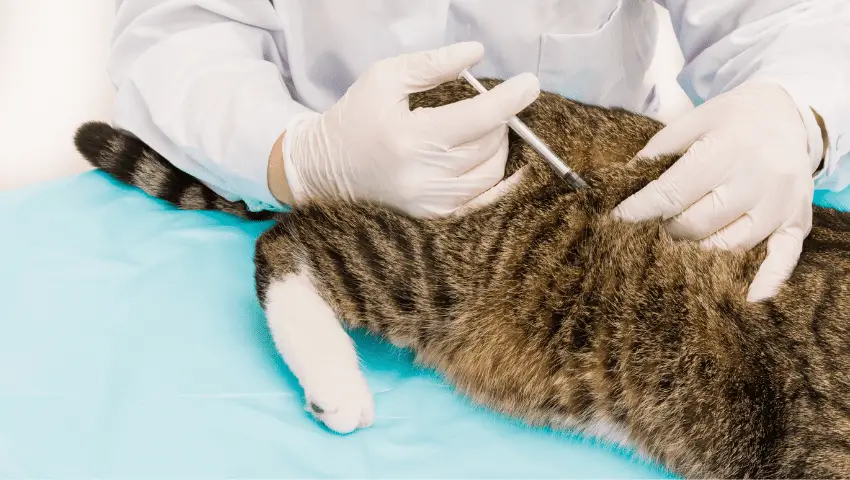
Rabies Vaccination for Cats
It is a viral disease that affects the nervous system and salivary glands, leading to death and infecting humans or animals; the animal becomes insane and hysterical, biting anything it sees or encounters on its way, as it retreats to dark places where light does not penetrate, and the vaccine is administered between the ages of three months to six months and is repeated annually.
Fungal Vaccine for Cats
An infectious disease, cats infected with it exhibit severe itching, which can lead to a wound on itself, as well as hair loss at the site of the injury. The site of the injury will also have the appearance of a white crust. Moisture, whether in the air or inside the cat’s body, is one of the most common causes of infection, and it can be transmitted by another infected cat or due to a lack of daily sun exposure and attention to the cat’s hygiene.
It is worth noting that the best time to administer the vaccine is at the age of three months, and it is repeated after two weeks, and then it is repeated a full year after the timing of the first dose.
There is also an insect vaccine, which is given for fleas, and the vaccination is given at the age of one and a half months, then it is repeated a month after the first dose, and the vaccination is also repeated after another month has passed. In addition, a worm vaccine is given at the age of one and a half months because worms infect cats at an early age, and it is repeated after two weeks, and then it is given again after two months.
Positive Results of Cat Vaccination
- In addition, vaccinated cats live 30% longer than unvaccinated cats.
- It protects you from any disease that could lead to death.
- Vaccinating the cat before marrying it contributes to producing healthy kittens, i.e., protecting nursing cats from diseases.
- Raising the immunity of cats and their ability to cope with cat diseases helps reduce cats’ infection with colds or flu.
How to Avoid the Side Effects of the Cat Vaccine
The cats gradually get better, which is perfectly normal, and there are no issues caused by the symptoms, as they do not persist for an extended period of time. The effects of these symptoms can be alleviated or eliminated without the use of any medicines or other preparations.
This is in contrast to the symptoms we discussed earlier, which must be treated by a veterinarian using medicines and other treatments in order to be stopped because they pose a risk to the cats’ lives. It is essential to exercise extreme caution and not expose cats to water before or after they have been vaccinated in order to prevent any potential health complications.
The Importance of Cat Vaccination
Vaccination is one of the most important steps taken for the protection and safety of cats, and constant communication between the cat breeder and the veterinary clinic is essential. To learn everything there is to know about your cat’s safety.
Coordination is achieved between the cat breeder and the clinic through organized and special schedules that include age, lifestyle, environment, medical history, vaccination dates, and next visit dates. With the doctor emphasizing the importance of stimulating the immune system through vaccination in order to protect it from a variety of diseases.
To summarize, caring for the health of cats is critical in order to maintain their health and safety, as well as the health and safety of those around them. It is critical for cat breeders to consult a veterinary clinic about their pets and the necessary vaccinations. Furthermore, they should keep in mind that proper veterinary care is a matter of veterinary medicine, not personal diligence.
This post is also available in: Dansk (Danish) Nederlands (Dutch) Deutsch (German) עברית (Hebrew) Italiano (Italian) Polski (Polish) Română (Romanian) Русский (Russian) Türkçe (Turkish) Español (Spanish) Български (Bulgarian)

